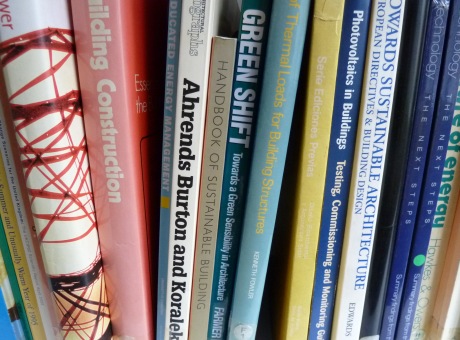A framework to evaluate hydrogen as fuel in international shipping

19 June 2014
The shipping industry is today challenged by tighter regulations on efficiency, air pollution and the need to reduce its greenhouse gas emissions. The decarbonisation of the global energy system could be achieved with the use of alternative energy and fuels, and so a widespread switch to the adoption of alternative fuel in shipping could be experienced within the coming decades. Lately, many scenarios of alternative fuels in shipping have been investigated. Among the options of alternative fuels with different propulsion technologies, hydrogen with marine fuel cells (FCs) represent an example of such an alternative fuel. This paper proposes a framework to examine a possible transition path for the use of hydrogen in shipping within the context of decarbonisation of the wider global energy system. The framework is based on a soft- linking the global integrated assessment model (TIAM-UCL) and the shipping model (GloTraM). Initial results from this work-in-progress describe the trajectories of hydrogen prices, the characteristic of the hydrogen fleet and the consequences for shipping CO2 emissions, the hydrogen infrastructure requirements, the use of hydrogen in other sectors, and the consequences for global energy system CO2 emissions.
A framework to evaluate hydrogen as fuel in international shipping. Shipping in Changing Climates 2014 Liverpool.
Raucci, C., McGlade, C., Smith, T.W.P., Tanneberger, K. (2014)
The full text of this article is not available through UCL Discovery.
 Close
Close

